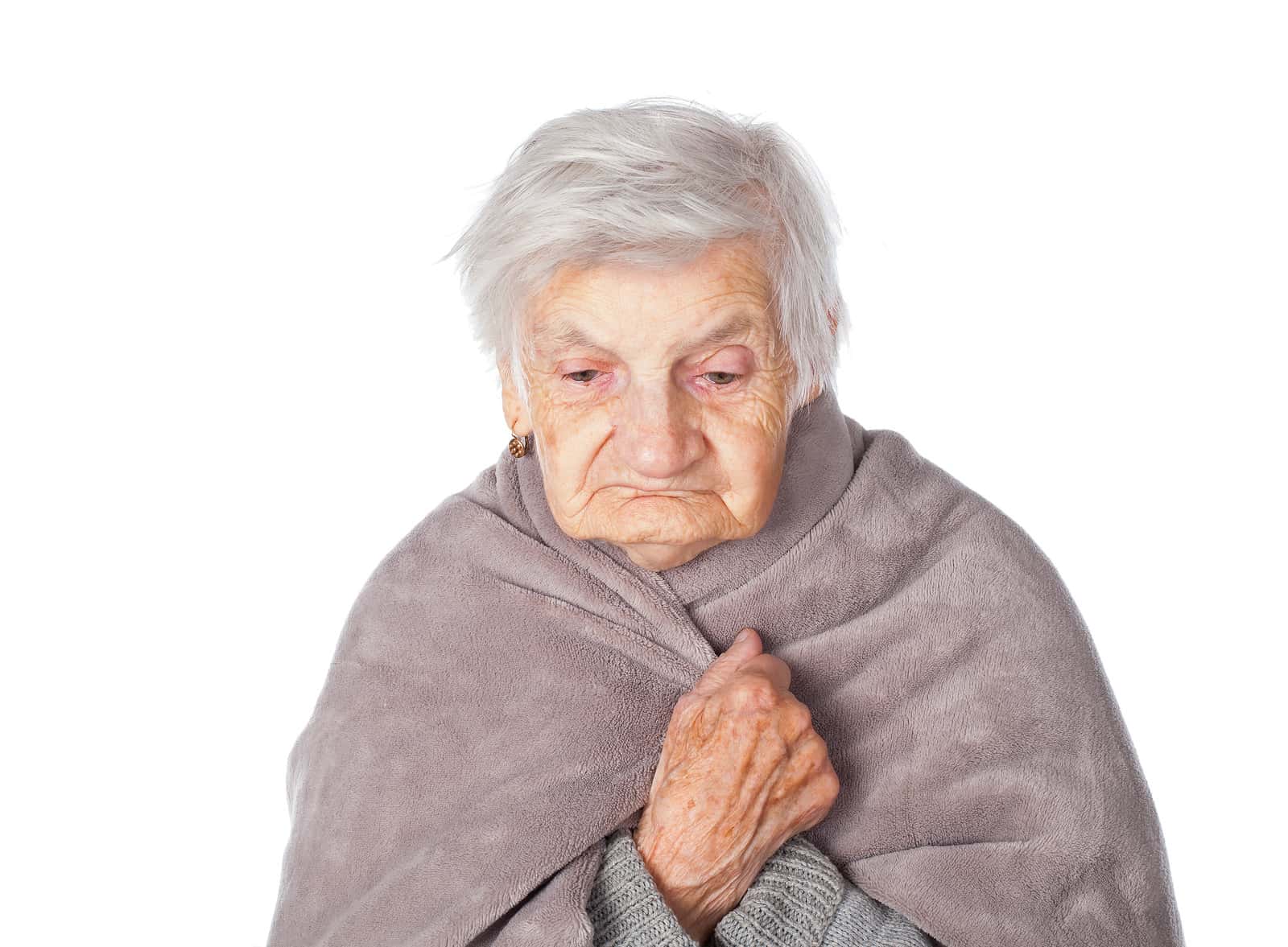
Investigators are trying to determine why some people remain asymptomatic after catching the SARS-2 virus while others become deathly ill. Could dementia genes make a difference? That earlier research might help explain why people with dementia may be more susceptible to severe COVID-19 infections.
Dementia Linked to Death from COVID-19:
People with dementia appear to be more likely to die from COVID-19. Investigators arrived at this conclusion by reviewing electronic medical records from 62 million American adults, one-fifth of the American population. The data covered the period from February through August of 2020 (Alzheimer’s & Dementia, Feb. 9, 2021).
Analysis of these data showed that people with dementia were twice as likely to catch COVID-19 as people of similar age without cognitive impairment. In fact, those with vascular dementia were at even greater risk, approximately three-fold. That is after adjusting for risk factors like living in a nursing home or pre-existing conditions.
One reason for the disparity could be that demented people rely on others to wear masks and follow appropriate precautions. The authors conclude that people with dementia need caregivers to protect them from infection. Previous research suggests that susceptibility to Alzheimer disease might also play a role.
Dementia Genes and COVID-19:
The e4 variant of the APOE gene is linked to a higher risk of Alzheimer’s disease. All of us have some form of apolipoprotein E, termed APOE for short. It comes in several varieties, including e2 (which reduces risk of Alzheimer disease), e3 which is the most common form and e4 (which increases risk for Alzheimer disease, especially for people with two copies of e4) (Nature Reviews. Neurology, Feb. 2013). Because genes come in pairs, everyone has two copies, but they don’t have to match.
British scientists reported in May, 2020, that people with two copies of the e4 gene variant may also be at greater risk for COVID-19 (Journal of Gerontology: Medical Sciences, May 26, 2020). To determine this, they used genetic data on more than 450,000 people of European ancestry in the UK Biobank. Roughly 9,000 of these Britons carried two copies of the e4 type of APOE. That amounts to approximately 2 percent. Alarmingly, however, among those who had tested positive for COVID-19, more than 5 percent had two copies of the e4 variant. As a result, the researchers concluded that people with two e4 APOE genes were about twice as likely to have become infected as those with the more common e3 variants.
The lead investigator noted that people with dementia were at especially high risk of developing severe COVID-19. While some of that could be explained by the virus spreading through long-term care facilities, the connection with the double e4 gene variant might also play a role. At that time, the data did not show clearly what we have since learned: people with dementia are also more likely to die of the disease.
Citations
- Wang QQ et al, "COVID‐19 and dementia: Analyses of risk, disparity, and outcomes from electronic health records in the US." Alzheimer’s & Dementia, Feb. 9, 2021. https://doi.org/10.1002/alz.12296
- Liu C-C et al, "Apolipoprotein E and Alzheimer disease: Risk, mechanisms and therapy." Nature Reviews. Neurology, Feb. 2013. DOI: 10.1038/nrneurol.2012.263
- Kuo C-L et al, "APOE e4 genotype predicts severe COVID-19 in the UK Biobank community cohort." Journal of Gerontology: Medical Sciences, May 26, 2020. https://doi.org/10.1093/gerona/glaa131

